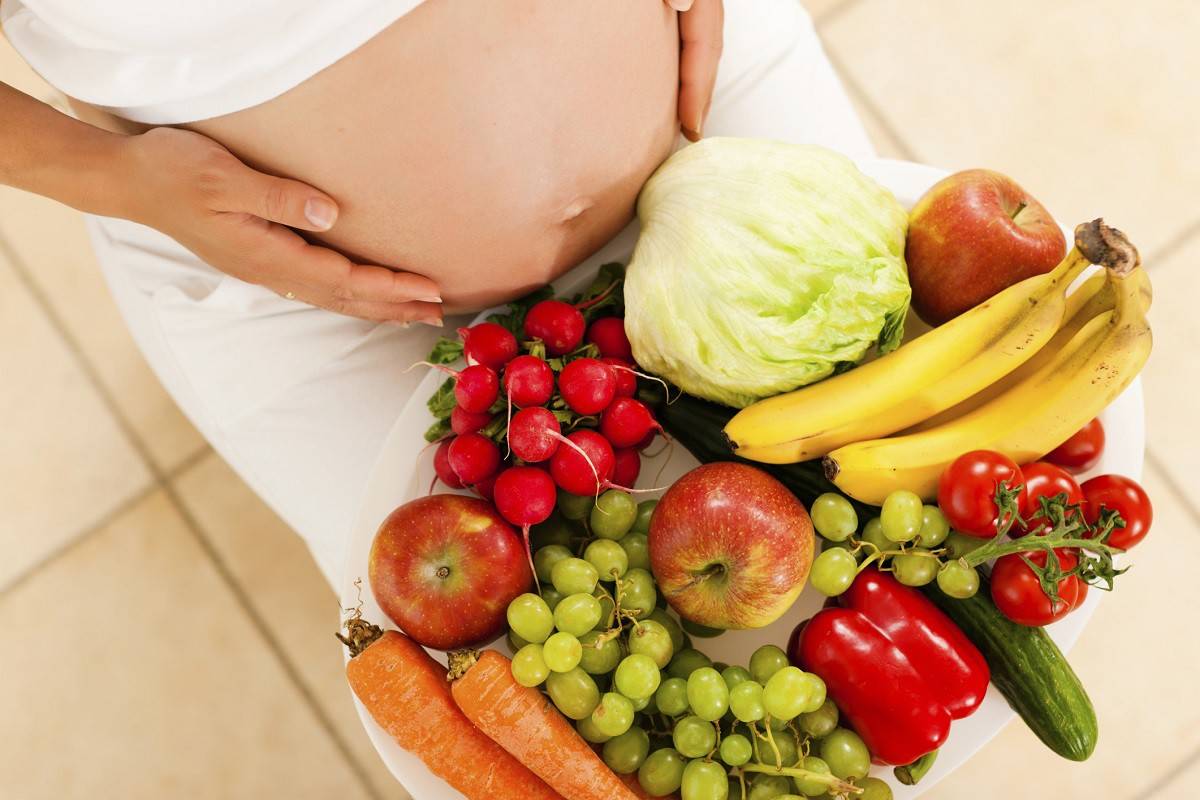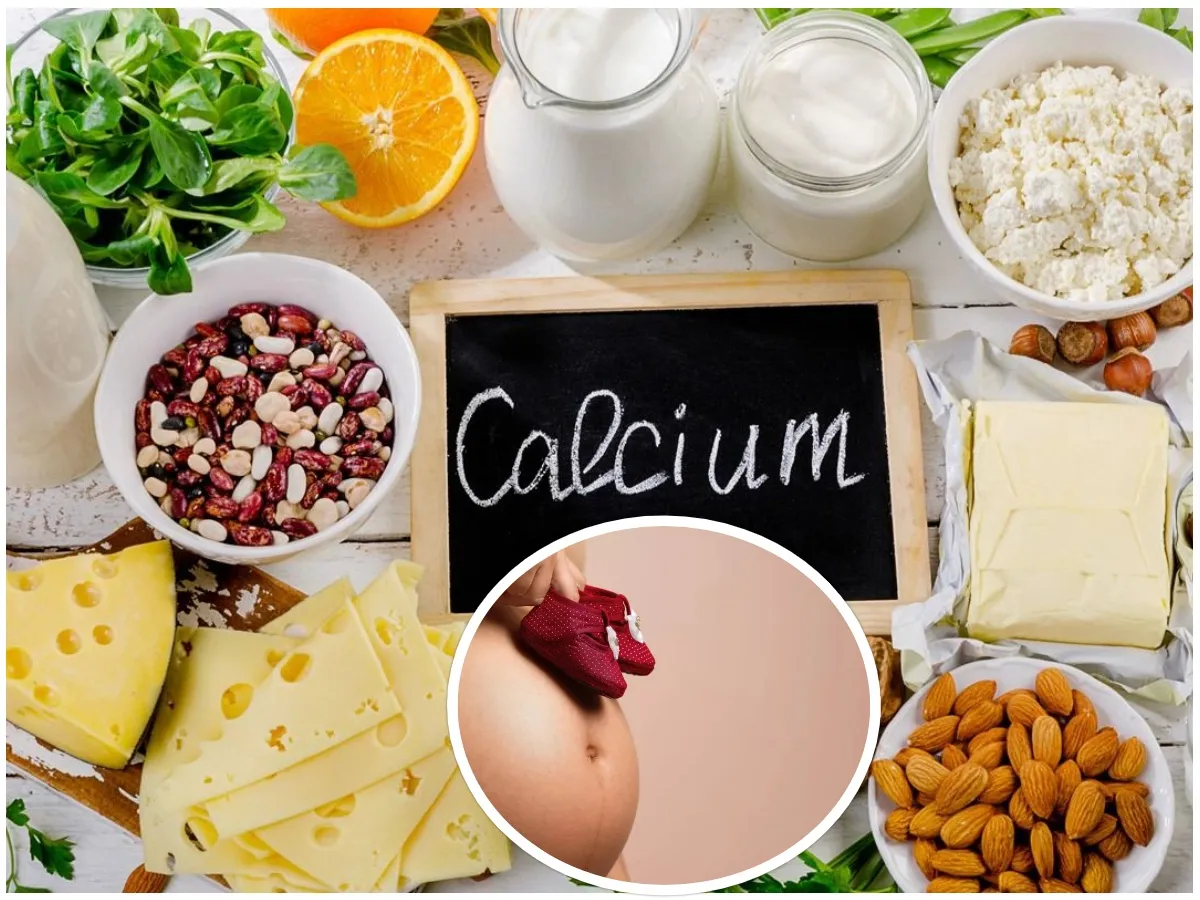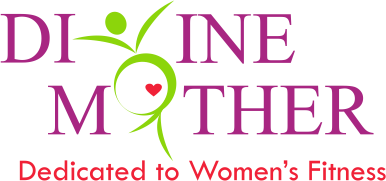
- October 31, 2022
- Comments: 0
- Posted by: Dr. Anushri Shah

Every mother wants a healthy baby so every woman starts taking care of her during pregnancy. Preparing yourself for conceiving and getting pregnant is a process that takes too much effort and concern. Women must take care of their diet before, during, and after pregnancy as it directly affects their babies’ health. Vitamins and minerals are essential to a woman who will be a momma soon. Prenatal vitamins are the multivitamins for pregnant women that they have to include in their daily diet without fail.
Pregnancy vitamins are more than regular vitamins that you consume on a daily basis. As pregnant women must get double nutrition and minerals, it is necessary to take it directly from the diet or use supplements and prenatal vitamin pills.
Folic Acid – To Avoid Neural Tube Defects
Folic Acid is an evitable part of pregnancy nutrition. It helps eliminate neural tube defects in babies. The neural tube is an important part that develops the brain and spine of a baby during early pregnancy. Before and during pregnancy, it is advisable to take at least 400 mg of folic acid every day.
Consult your gynecologist before adding any supplements to your diet. Apart from that, try to get natural folate in your diet by consuming green leafy vegetables, citrus fruits, and beans.
Iron – To Generate Hemoglobin
Iron is the most important mineral when we talk about prenatal vitamins for pregnancy. It generates hemoglobin in the blood. You need more iron during pregnancy than you needed previously. To produce more blood that can deliver oxygen to your unborn child, your body needs this iron. Iron is necessary for your baby to produce his blood.
The common dose of iron is 27 mg per day for pregnant women. Consult your doctor before adding iron tablets to your diet. Lean meat and poultry products have iron in them. Other natural sources of iron are beans, nuts, and raisins.
Calcium – For Healthy Bones And Teeth

Calcium is essential for not only teeth and bone development but also heart, muscles, and nerve development. A pregnant woman should take 1000 mg of calcium on a daily basis. Milk, milk products like cheese, and yogurt are rich sources of calcium. Calcium adds nutrition during pregnancy to your diet and prevents preeclampsia.
Moreover, Broccoli and kale are also calcium-rich foods. You may take supplements if you are not getting a sufficient amount of calcium from your diet.
Vitamin D – General Fetal Growth And Development.
It has more functionality and benefits. Vitamin D is necessary for nerves and the immune system. 600 IU of Vitamin D each day is recommended for a pregnant woman. It helps to grow your baby’s bones, teeth, and muscles. Fatty fish like salmon and canned sardines are good sources of vitamin D.
If you are vegetarian, you can consume fortified soy milk and other fortified foods like cereals, orange juice, and almond milk. Sunlight is a natural source of Vitamin D but urban homes may lack sunshine and fresh air. But not to worry as vitamin D tablets will solve the problem. Add vitamin D tablets to your prenatal care kit and consume them daily.
Vitamin C – For Iron Absorption
Vitamin C is a basic part of the overall nutritional needs of an infant. Iron is absorbed properly with the help of Vitamin C. Additionally it reduces the risk of pregnancy complications like pre-eclampsia. 85 grams of vitamin C is essential in a day during pregnancy.
Vitamin C also referred to as ascorbic acid, is crucial for skin health, bone growth and regeneration, tissue repair, and wound healing. Vitamin C functions as an antioxidant, preventing cell damage, and aids in the body’s ability to fight infections.
Conclusion!
The Pregnancy Nutrition & Balance Diet Tips Online Session is a great resource for anyone looking for advice about how to eat well during pregnancy or after pregnancy. Divine Mother offers a number of experts who are always on hand to help you clear up any issues!!

